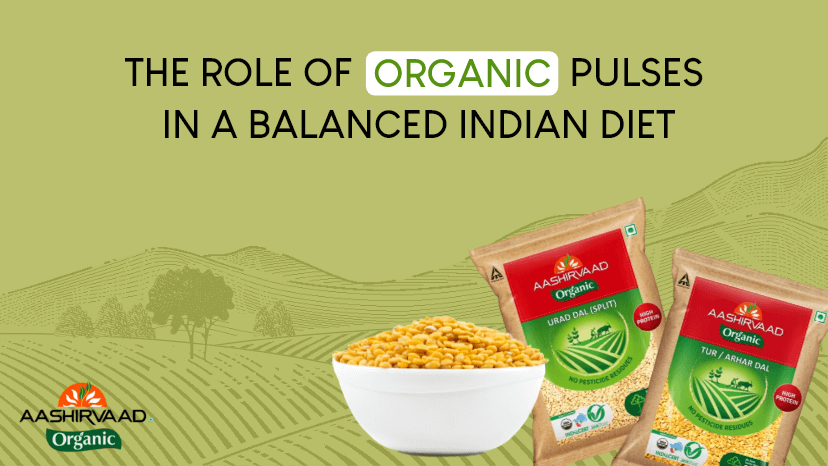When it comes to flour, there are numerous options available on the market, each with its own unique characteristics and health benefits. Among these options, two popular choices are regular wheat flour and whole wheat flour. In this article, we will compare these two types of flour and discuss their respective benefits for your health.
1. Wheat Flour Benefits
Wheat flour, regardless of whether it is regular or whole wheat, is a staple ingredient in many recipes around the world. It provides us with essential nutrients and energy, making it an important component of a well-balanced diet. However, there is a key difference between regular wheat flour and whole wheat flour in terms of their nutritional content and processing methods.
2. Whole Wheat Flour: A Nutritional Powerhouse
Whole wheat flour is often considered the healthier option because it is made from the entire wheat kernel, including the bran, germ, and endosperm. This means it retains all the essential nutrients found in wheat, making it a nutritional powerhouse. As a result, whole wheat flour has a higher nutritional content compared to regular wheat flour.
Let’s take a look at the nutrition table comparing whole wheat flour and regular wheat flour:
| Nutrient | Whole Wheat Flour | Regular Wheat Flour |
|---|---|---|
| Energy | 339 kcal | 364 kcal |
| Fat | 1.87g | 0.98g |
| Saturated Fat | 0.322g | 0.155g |
| Monounsaturated Fat | 0.232g | 0.087g |
| Polyunsaturated Fat | 0.779g | 0.413g |
| Carbohydrates | 72.57g | 76.31g |
| Sugar | 0.41g | 0.27g |
| Fiber | 12.2g | 2.7g |
| Protein | 13.7g | 10.33g |
| Sodium | 5mg | 2mg |
| Cholesterol | 0mg | 0mg |
| Potassium | 405mg | 107mg |
As you can see from the above table, whole wheat flour contains higher amounts of fiber, protein, and minerals like potassium compared to regular wheat flour. These nutrients are important for maintaining a healthy digestive system, reducing the risk of chronic diseases, and promoting overall well-being. Fiber, in particular, plays a crucial role in regulating blood sugar levels and promoting a feeling of fullness.
Opting for an organic variant, such as Aashirvaad Organic’s atta, amplifies the advantages. Cultivated without synthetic fertilizers or pesticides, Aashirvaad Organic Whole Wheat Atta offers the dual benefits of whole wheat’s wholesome goodness while minimizing potential exposure to harmful chemicals. Additionally, by choosing an organic product, you are supporting sustainable farming practices and contributing to a healthier environment.
3. Regular Wheat Flour: A Viable Option
While whole wheat flour may have a more impressive nutritional profile, regular wheat flour still offers some health benefits. It is generally more refined compared to whole wheat flour, which may result in a lighter texture and milder flavor in baked goods. Regular wheat flour can still provide a good source of carbohydrates and energy.
4. Best Flour for Health
The best flour for your health ultimately depends on your personal preferences and dietary needs. If you are looking for flour with a higher nutritional content, whole wheat flour would be the ideal choice. Regular wheat flour can still be enjoyed in moderation, especially if you prefer a lighter texture or are baking more delicate pastries.
So, the next time you reach for the flour in your pantry, consider the nutritional value and benefits offered by whole wheat flour. But why stop there? Elevate your cooking experience further by choosing Aashirvaad Organic Whole Wheat Atta. With this choice, you not only prioritize better taste and health but also actively support sustainable farming practices!
 5m read time
5m read time 







